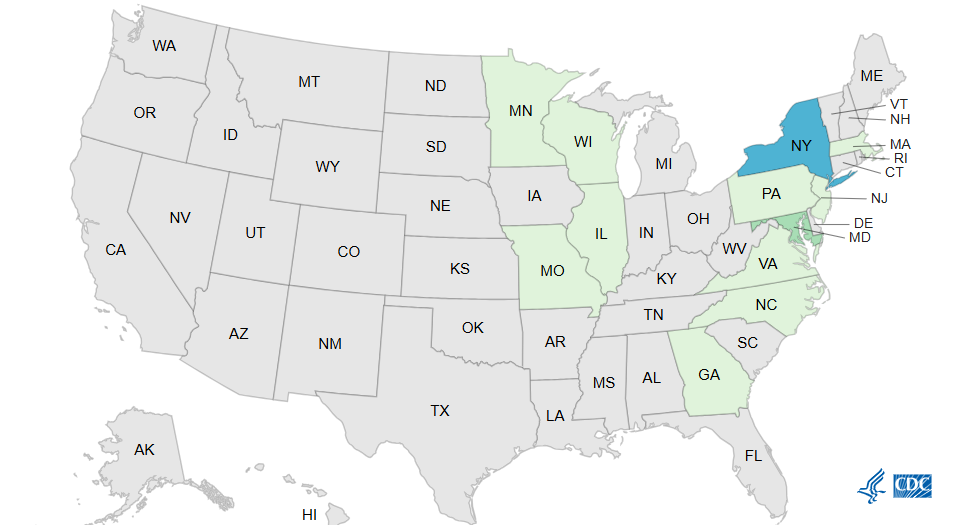Hospitalized patients with COVID-19 who required intensive care unit (ICU) treatment were more likely to acquire infections than those hospitalized with influenza, according to a new study in Scientific Reports.
The study was based on outcomes seen among Swedish adults treated with invasive mechanical ventilation due to COVID-19 between January 2020 and March 2022 and those with flu between January 2015 and May 2023 at Sahlgrenska University Hospital.
In total, 480 participants were included in the final analysis, and 436 had COVID-19. The median age in both cohorts was 63 years.
Corticosteroid treatment linked to infections
During the first wave of the pandemic, the authors wrote, approximately 14% of patients hospitalized due to COVID-19 were admitted to the ICU, and compared to influenza, COVID-19 patients had longer ICU stays. Risk of infection also increased with length of ICU stay.
The incidence rates of ICU-acquired infections were 31.6 per 1,000 and 9.9 per 1,000 ICU-days in the COVID-19 and influenza cohorts, respectively, the authors said. Infections were associated with corticosteroid treatment, which was given more frequently to COVID-19 patients.
Secondary infections among ICU patients with COVID-19 are a common complication associated with a more complex course of disease.
"Secondary infections among ICU patients with COVID-19 are a common complication associated with a more complex course of disease," the authors concluded, finding that COVID-19 patients were more likely to have difficult-to-treat gram-negative infections.













